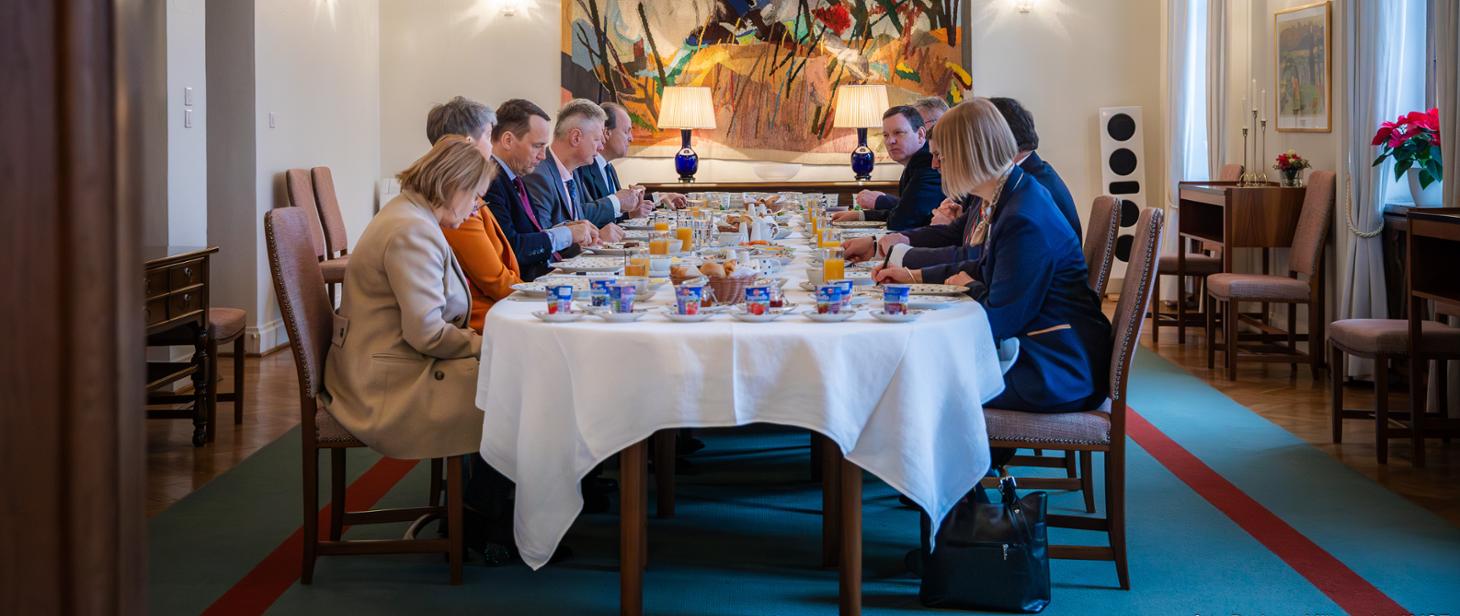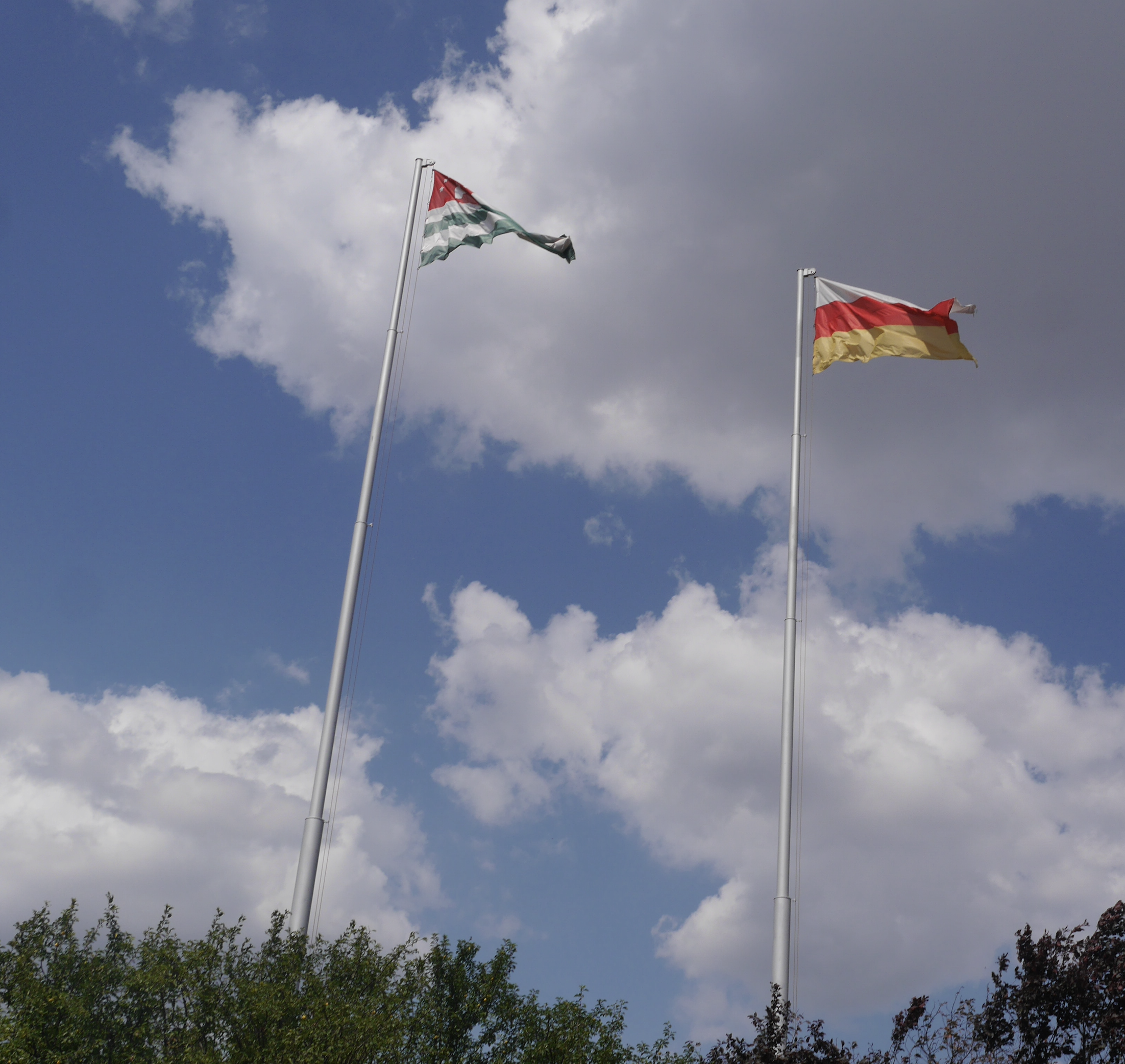
Belarus-China Cooperation Ideological as Well as Economic
Belarus-China Cooperation Ideological as Well as Economic
In order to maintain its independence and freedom of action, Belarus has long sought to develop relations with a variety of countries beyond the Russian Federation. In recent years, its efforts to establish and widen economic and even political ties with the European Union and the United States have attracted significant attention. But those have also sparked sharp criticism from officials in Moscow, who view such links as a threat to the future of the Russian-Belarusian “Union State,” as well as from many in the West who oppose President Alyaksandr Lukashenka’s authoritarian rule. Minsk has not only been looking West, however, but East as well. Perhaps most notably, it has expanded ties with China, a relationship that helps Belarus balance its relationship with Russia and one that Beijing itself welcomes for ideological as well as economic reasons.
The Belarusian-Chinese relationship seldom receives much attention because—despite annual visits by President Lukashenka to China over the last several years—China’s role in Belarusian foreign trade and investment in that country remains small, never exceeding single digits and far behind Belarus’s trade with Russia or even EU countries (Thinktanks.by, December 9). Yet, the Chinese-Belarusian economic figures are slowly increasing, with plans in place for major jumps in 2020 and 2021 (AFN, December 6). More importantly, a focus on statistics alone distracts attention from something else: namely, China’s approach to dealing with other countries, despite its neo-capitalist tendencies at home, remains profoundly affected by proclaimed Marxist-Leninist ideology, and Belarus is almost the only country in Europe that has (more or less) maintained the “socialist choice.” That reality makes Belarus a far more attractive partner to China than might otherwise be the case and explains why Beijing has devoted so much attention to Minsk despite the relatively small size of its economic exposure there. It also means that China is a major supporter of Lukashenka’s domestic policies—unlike the EU and the US.
Those are points that Roza Turarbekova, a political scientist who specializes in Asian affairs at Belarusian State University, makes in a new article on Nashe Mneniye, a Belarusian opposition online portal. Indeed, the issues surrounding Belarus’s relationship with China have presently taken on even greater importance given the pressure Lukashenka is under to agree to further integration of his country with the Russian Federation. Moscow has been pushing for this integration in order to finally realize the full dimensions of the Union State that the two governments agreed upon two decades ago (Nmnby.eu, December 4).
When Minsk first began looking toward China, it hoped that Beijing could help it escape the dead end it found itself in internationally as a result of “vacillations between the East (Russia) and the West (Europe).” But it rapidly became obvious that economics alone would not drive the relationship, Turarbekova argues. Bilateral trade remained small. Nevertheless, in 2005, Minsk and then Beijing began speaking of the existence of “a strategic partnership” between them. That was the year Lukashenka made his first official visit to China. The Chinese were impressed by his socialist commitments and by the fact that he did not want his country to fall completely under the influence of either Russia or the West. Belarus thus became for China a westerly socialist beachhead. In turn, Belarus responded that same year by applying for observer status in the Shanghai Cooperation Organization.
Since that time, both bilateral trade and political contacts have expanded, the Minsk-based analyst continues. And following the imposition on Belarus of Western sanctions and then the even broader sanctions by the West on Russia since 2014, Turarbekova writes, “China became for the Belarusian government a kind of bastion for the preservation of its economic independence” and even its domestic political system. To gain access to a jumping-off point west of Russia, Beijing was only too happy to support Lukashenka’s domestic policies. In the judgment of the Minsk analyst, that relationship has given the Belarusian leader far greater freedom of action in dealing with both Russia and the West.
Compared to his immediate predecessors, China’s current President Xi Jinping is “more inclined to stress the importance of the ideological component,” and, therefore, “Beijing has devoted attention to Belarus, almost the only country in Europe that has “not turned away from the socialist past.” Turarbekova concludes, “Belarus, for Beijing, despite the modest absolute statistical indicators, continues to remain an exceptional partner, including for ideological considerations, which can be capitalized on in the future as a geopolitical factor” (Nmnby.eu, December 4).
Lukashenka is certainly playing to these expectations and agitating for ever more Chinese investment and support, visiting Beijing regularly and hosting senior Chinese officials frequently. China is now investing more in Belarus, and Minsk expects this will continue to expand (AFN, December 6; Eurasia.expert, Primepress.by, Tut.by, December 9).
None of the above, of course, means China will displace Russia as the paramount external power in Belarus. But it does suggest that, as tensions between Moscow and Minsk play out over Vladimir Putin’s push to integrate Russia and Belarus, Beijing may serve as an important resource for Lukashenka’s defense—especially if Brussels and Washington do not change their approach. And if China’s role does grow in this manner, Lukashenka may feel under less pressure to submit to Moscow on integration or to the West on democratization.


